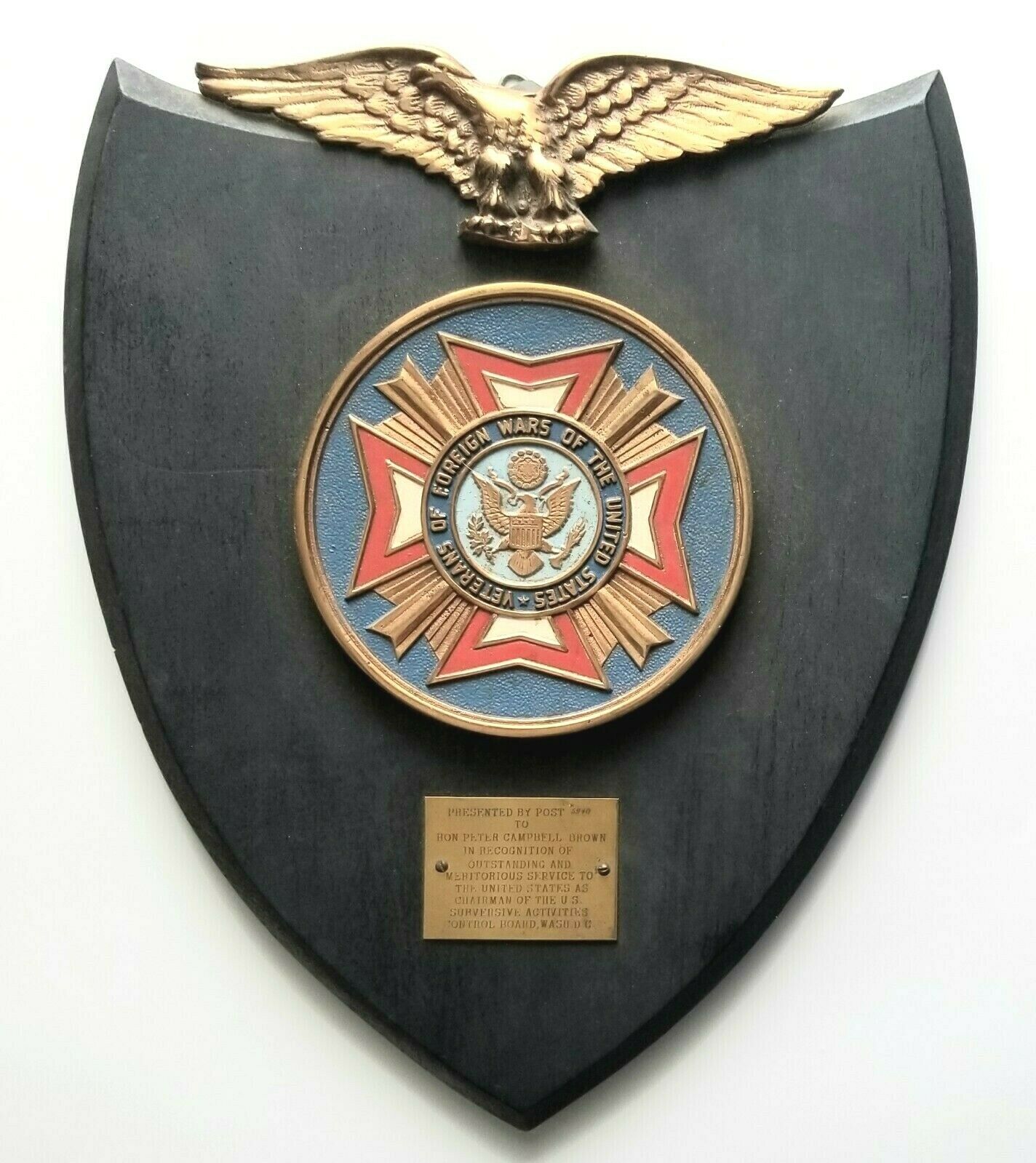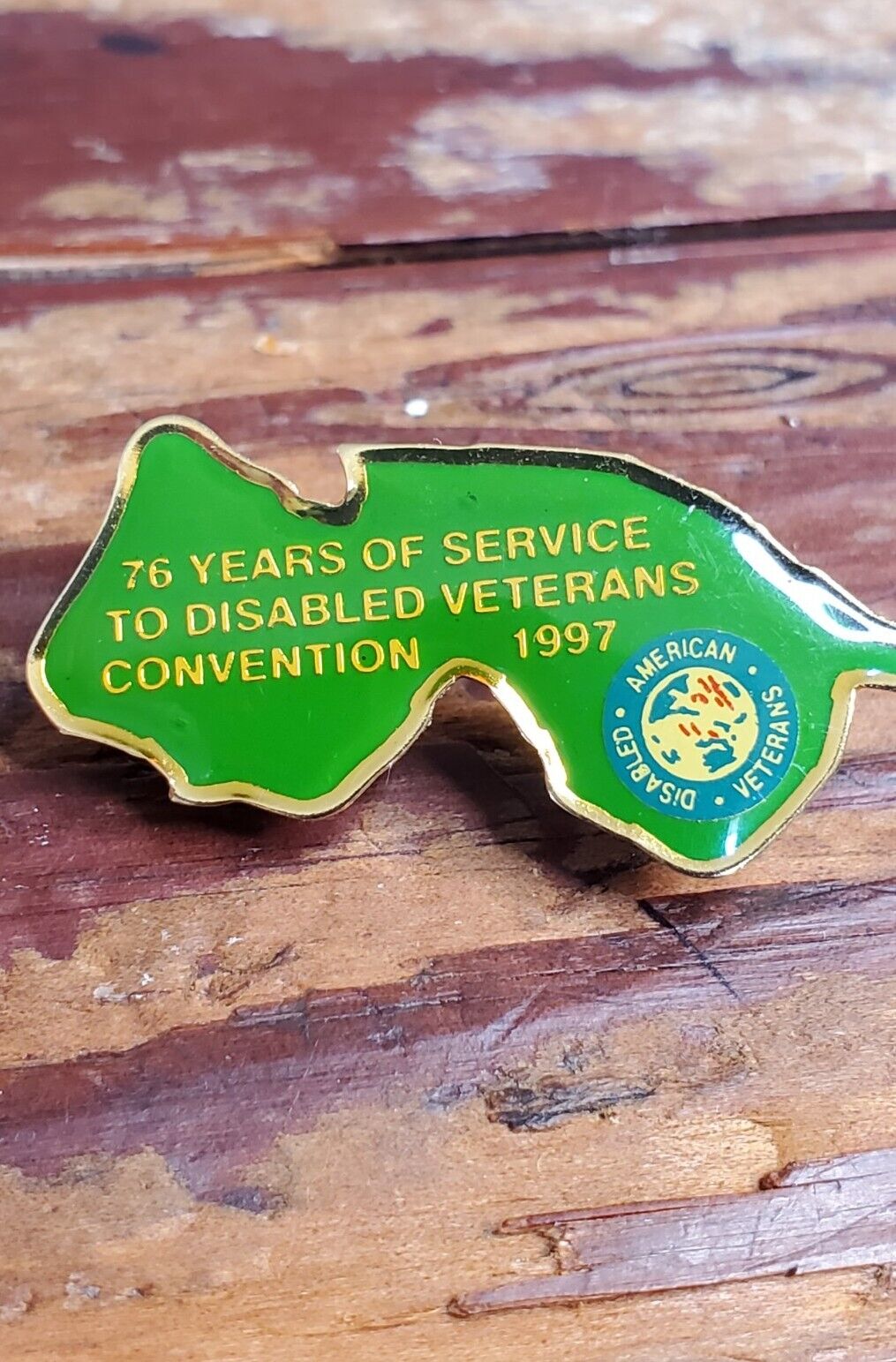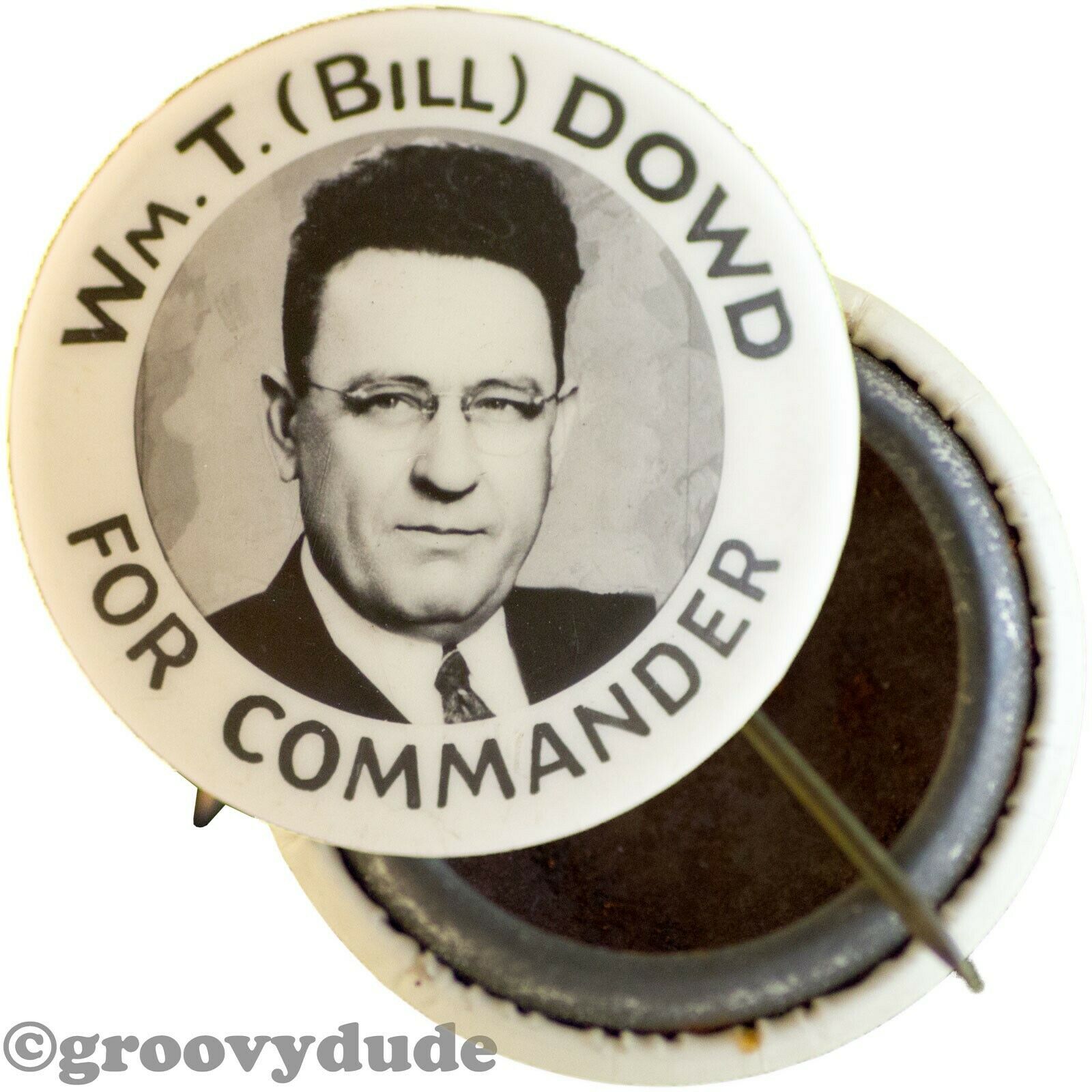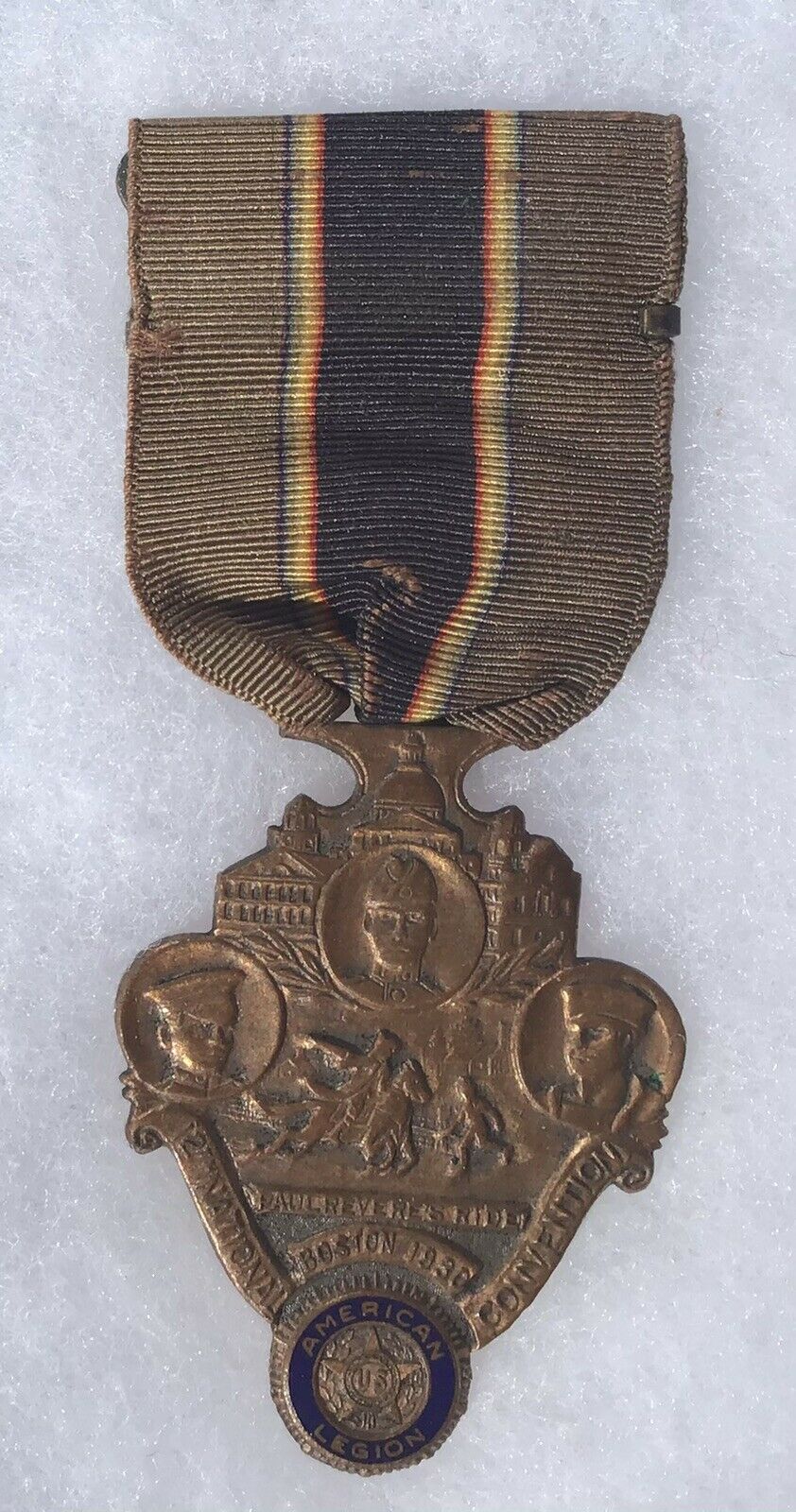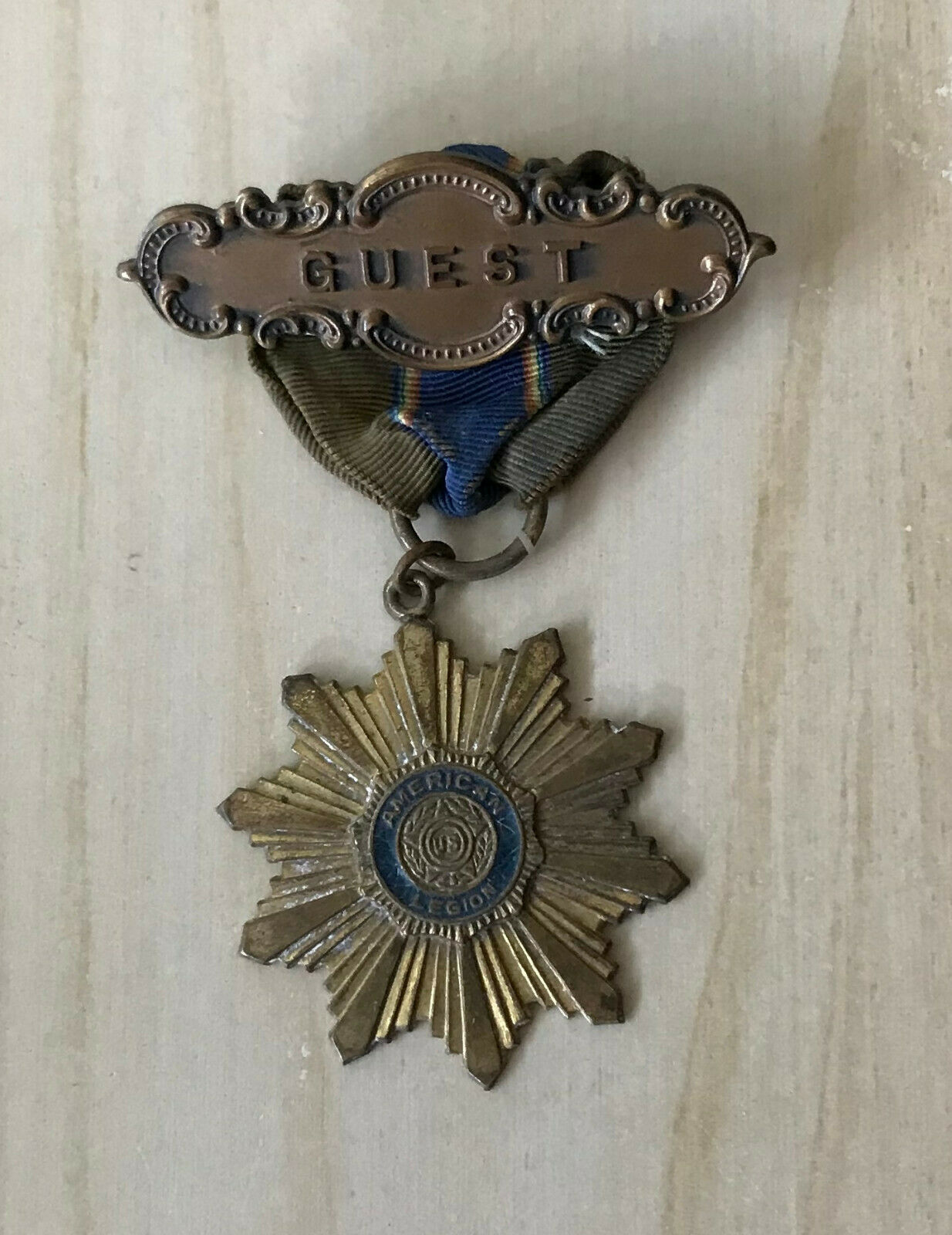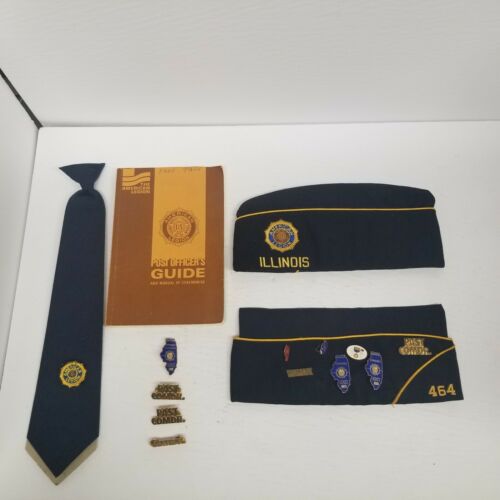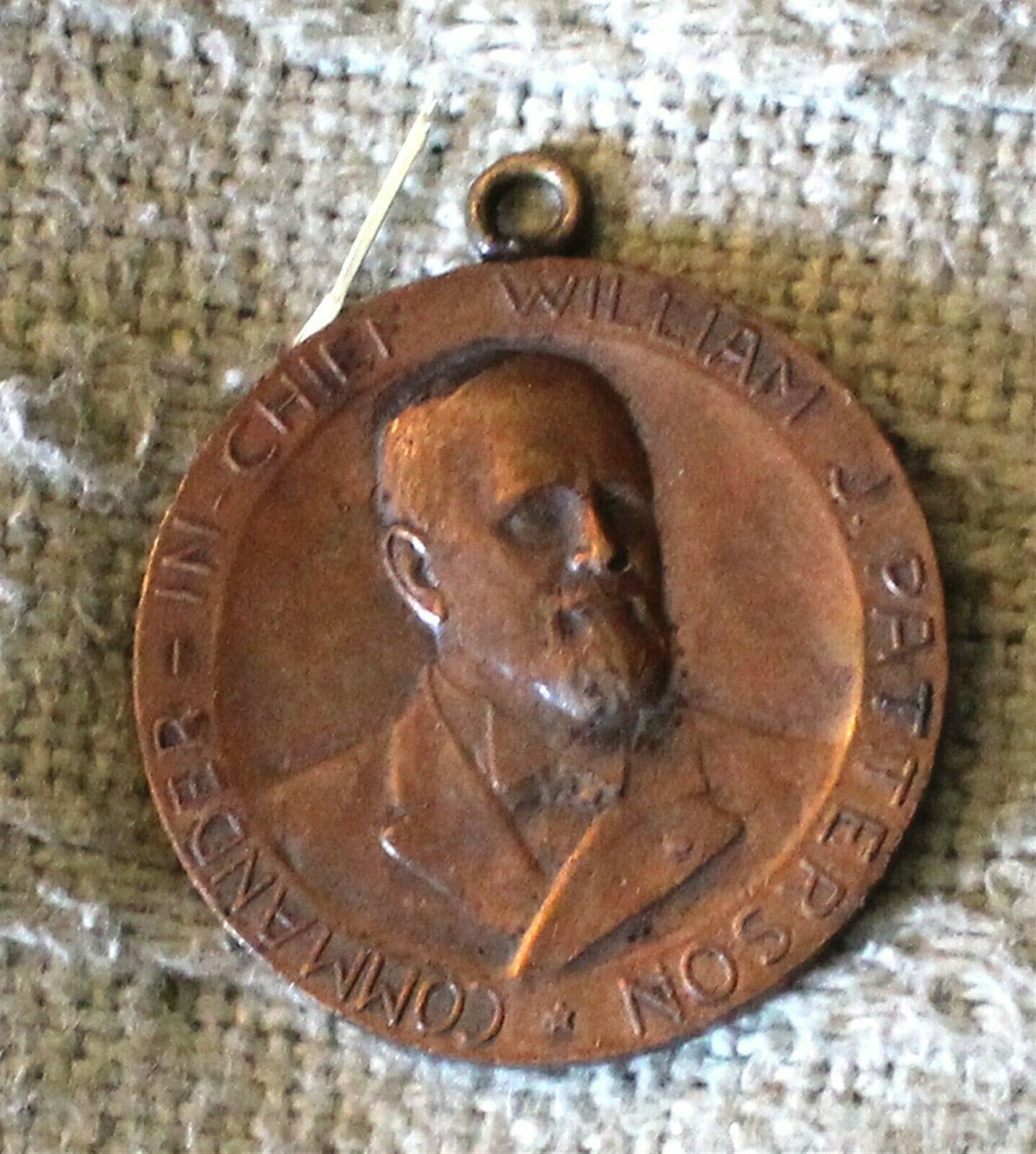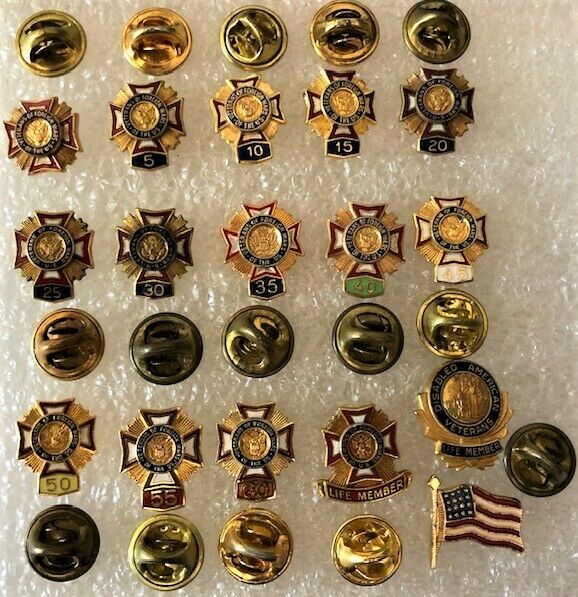-40%
VFW Veterans Foreign Wars Plaque Peter Brown U.S. Subversive Board Communists
$ 60.72
- Description
- Size Guide
Description
Vintage, unique and historical Wood and Brass Bronze Cast Metal Plaque presented to Peter Campbell Brown and VFW Post 5940 in 'recognition of outstanding and meritorious service to the United States as Chairman of the U.S. Subversive Activities Control Board Wash D.C.' Plaque includes Metal Eagle at top with Cast Metal VFW Seal Emblem in middle and Plate with Text at bottom. On reverse side is name and address of gentleman in Brooklyn (not named Brown). Address label is older. Do not know connection to Peter Brown. Could not find Post 5940 (possibly gone?). Measures 13.5 x 11". Condition very good the metals could use a polishing. We ship fast and FREE! Contact us any questions we try our best and follow our store we focus on rare and unique.Now for more info on Peter Brown and the U.S. Subversive Activities Board (from Wiki):
'Peter Campbell Brown was a corporation counsel for New York City and a Justice Department official. Brown was born in Brooklyn, New York, to Peter Paul Brown and Ellen Campbell, and grew up in Bay Ridge. He received an A.B. from Fordham University in 1935 and LL.B. from Fordham in 1938. In 1951, he received a doctorate in law from St. Bonaventure University. After graduating from Fordham in 1938, Brown practiced law in Brooklyn until 1941. As an Army officer in World War II, he fought in the Battle of the Bulge and formed a close friendship with Robert F. Wagner Jr., who later became godfather to one of his children. In 1946, Brown was an assistant United States attorney for the Eastern District of New York. He was first assistant in the criminal division of the Department of Justice in 1947-1948, and special assistant to the United States Attorney General in 1949-1950.
In 1950, he was appointed to the Subversive Activities Control Board by President Harry S. Truman. He was the Board's chairman in 1952 and 1953. After resigning from the Subversive Activities Control Board, Brown joined the administration of New York City mayor Robert F. Wagner Jr. as Commissioner of Investigations in 1954-1955. He was appointed corporation counsel in 1955 and held that post until 1958. Brown returned to the private sector in 1958, practicing civil, criminal and corporate law in New York City. In 1978, he began practicing on his own. Over the years, his clients included Vince Lombardi, Sugar Ray Robinson and other sports figures.
The Subversive Activities Control Board (SACB) was a United States government committee to investigate Communist infiltration of American society during the 1950s Red Scare. It was the subject of a landmark United States Supreme Court decision of the Warren Court, Communist Party v. Subversive Activities Control Board, 351 U.S. 115 (1956), that would lead to later decisions that rendered the Board powerless. It was organized on November 1, 1950, under authority provided in the McCarran Internal Security Act. The original 5 members of the panel were Seth W. Richardson of Washington, D.C., the Board's Chairman, along with Peter Campbell Brown of New York, Charles M. LaFollette of Indiana, David J. Coddaire of Massachusetts, and Dr. Kathryn McHale of Indiana. Mr. Brown later served as Chairman in 1952 and 1953. The SACB was empowered to order the registration of organizations that it found to be "Communist fronts", "Communist action" groups or "Communist infiltrated" groups. In carrying out this mandate, the SACB was a leader in the U.S. government's response to the Red Scare. The SACB's proceedings were thorough and methodical. Hundreds of witnesses testified and were cross-examined by defense lawyers. The decisions and findings of the SACB were subject to judicial review.
